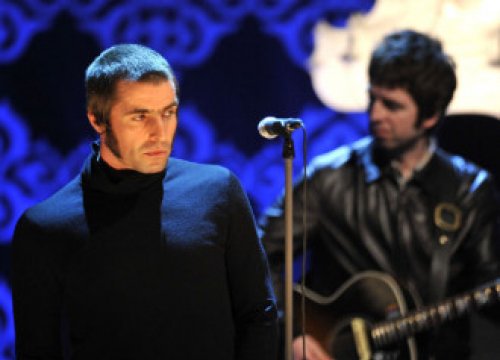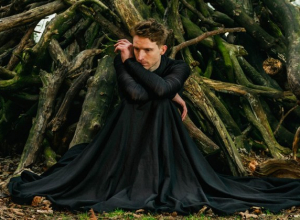Yasujiro Ozu was still largely unknown to Western audiences when his delicate family drama Early Summer was released in 1951. Since that time, new prints of the film have no doubt been made; still, I imagine that most Americans will never have seen an Early Summer in any format as radiant as the new Criterion DVD release of the film. It matters; Ozu's studied composition and luminous black-and-white cinematography invite adjectives such as "luscious," even as his content refutes the extravagance and sensuality of the term. Criterion's Early Summer is a marvel of contrast, restoring to the screen a full palette of blacks, whites, and grays; a scene such as that near the end in which two women walk the dunes by the sea reveals a visual artist working at the peak of his form. You could lose yourself in such images indefinitely, even if the proceedings offered nothing to hold your mind.But they do. Early Summer, like many of Ozu's "home dramas," is the story of a family - three generations of it - that struggles to find serenity within the cycle of life that the state of being human embodies. (Ozu's titles often find a metaphorical connection in the cycle of the seasons: Late Spring, Early Autumn, Late Autumn.) The central figure is 28-year-old Noriko, an attractive young single woman who lives with her brother Koichi, his wife Fumiko, their two young boys, and her elderly parents. We also meet her neighbors (a widower her age and his mother), her three girlfriends, a great-uncle who comes for a visit, her employer, and her brother's co-worker. Present in the thoughts of the family, though never pictured, is Noriko's brother Shoji, a soldier who remains unaccounted for from the war.
Continue reading: Early Summer Review







![Luke De-Sciscio talks to us about having the courage to be yourself, forgiving that which is outside of one's control and following whims [EXCLUSIVE] Luke De-Sciscio talks to us about having the courage to be yourself, forgiving that which is outside of one's control and following whims [EXCLUSIVE]](https://images.contactmusic.com/images/home/homepage/luke-de-sciscio-abof-a.jpg)
